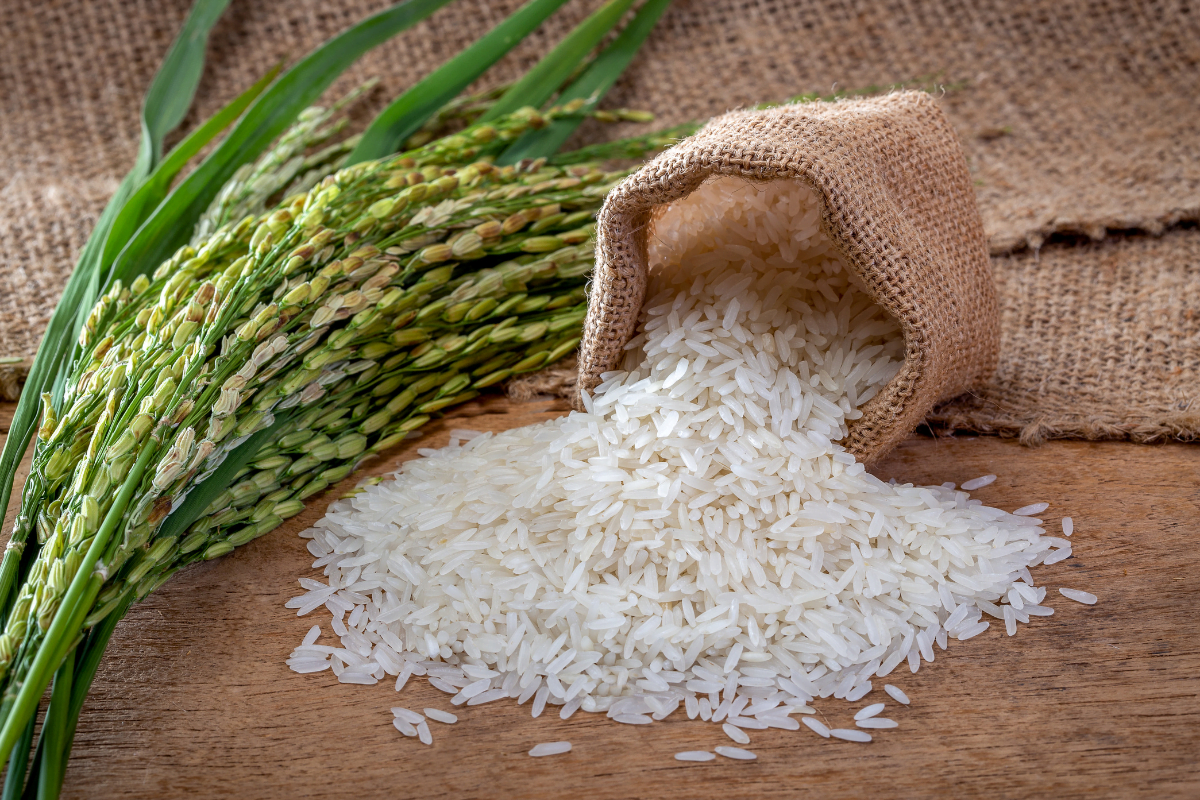KRBL reported muted September Quarter 2023 numbers. Revenue growth fell 8% YoY, after five quarters of consistent double-digit revenue growth. Revenue came in at Rs 1,213 crore in Q2FY24 compared to Rs 1,319 crore in the same period previous year. Domestic revenue (manufacturing, grading, sorting, and packaging rice) excluding power, increased by 35% YoY to Rs 940 crore. Revenue growth was driven by 26% YoY growth in basmati volume which was at 117,000 MT and and 7% growth in basmati realization which was at Rs 71,400 per ton. But on the export side, revenues declined 60% YoY to Rs 235 crore in Q2FY24.
KRBL has its two manufacturing facilities spread across the states of Uttar Pradesh and Punjab. The four state-of-the-art grading, sorting, and packaging facilities of KRBL are located at Sonipat, Gautam Budh Nagar, Dhuri, and Alipur. The company exports basmati rice products to 82 countries and leads the basmati rice consuming market in the branded segment. KRBL is the world’s largest exporter of branded basmati rice.
Ban on non-basmati exports and litigation with Saudi retailer impacts exports
The government banned exports of non-basmati rice and broken rice in July 2023. This move was mainly to counter food inflation running in double-digits ahead of general elections next year. Non-basmati rice and broken rice accounts for nearly 50% of rice exports from India. And removal of the rice ban looks tough in the near term with India rice production expected to fall in FY24. Speaking on lower rice production in India, Anoop Kumar Gupta, Joint MD at KRBL said, “For the first time in 8 years, India’s rice production is expected to fall this year by about 8% despite an increase in the area planted mainly due to uneven monsoon.” Rice production in India in 2022-23 was around 135.75 million tons.
KRBL’s top-line was impacted by a 60% decline in exports in Q2FY24. Export revenue fell due to a dual impact of banned non-basmati exports and ongoing litigation with a retail distributor in the Saudi market. September Quarter 2022 revenue base included bulk non-basmati exports to China which led to lower revenue YoY growth in Q2FY24. In addition to this, sales to the Saudi Arabia Market have ceased with the ongoing litigation.
Regional rice products to support domestic revenue base
According to the management, distribution is in the process of being normalized in Saudi Arabia. Updating on the Saudi market, Gupta said, “Saudi market is a Rs 1,000 crores opportunity, of which we hope to attain up to Rs 700 crores in the first year once both the retail and HoReCa distribution is stabilized.” The management aims to finalize a new distributor for its Saudi market in the near future. This would help in improving operating margins as export branded sales are high margin products. Operating margins fell more than five percentage points YoY to 16% in September Quarter 2023 due to lower export revenue contrinution.
Export revenue growth is extremely essential for KRBL, but efforts are also being made to augment the domestic revenue base to diversify high export dependence. To achieve this, the company has ventured into regional rice products such as Kolam rice, Sona Masoori rice and Gobindbhog leading to a remarkable 105% YoY increase in sales, reaching revenues of Rs 55 crore in Q2FY24. Regional rice products are now nearly 4.8% of total domestic revenue for KRBL. The management expects a topline of Rs 200 crore in FY24. And in the next 3-5 years, revenue stream of Rs 1,000 crore from regional rice products.




